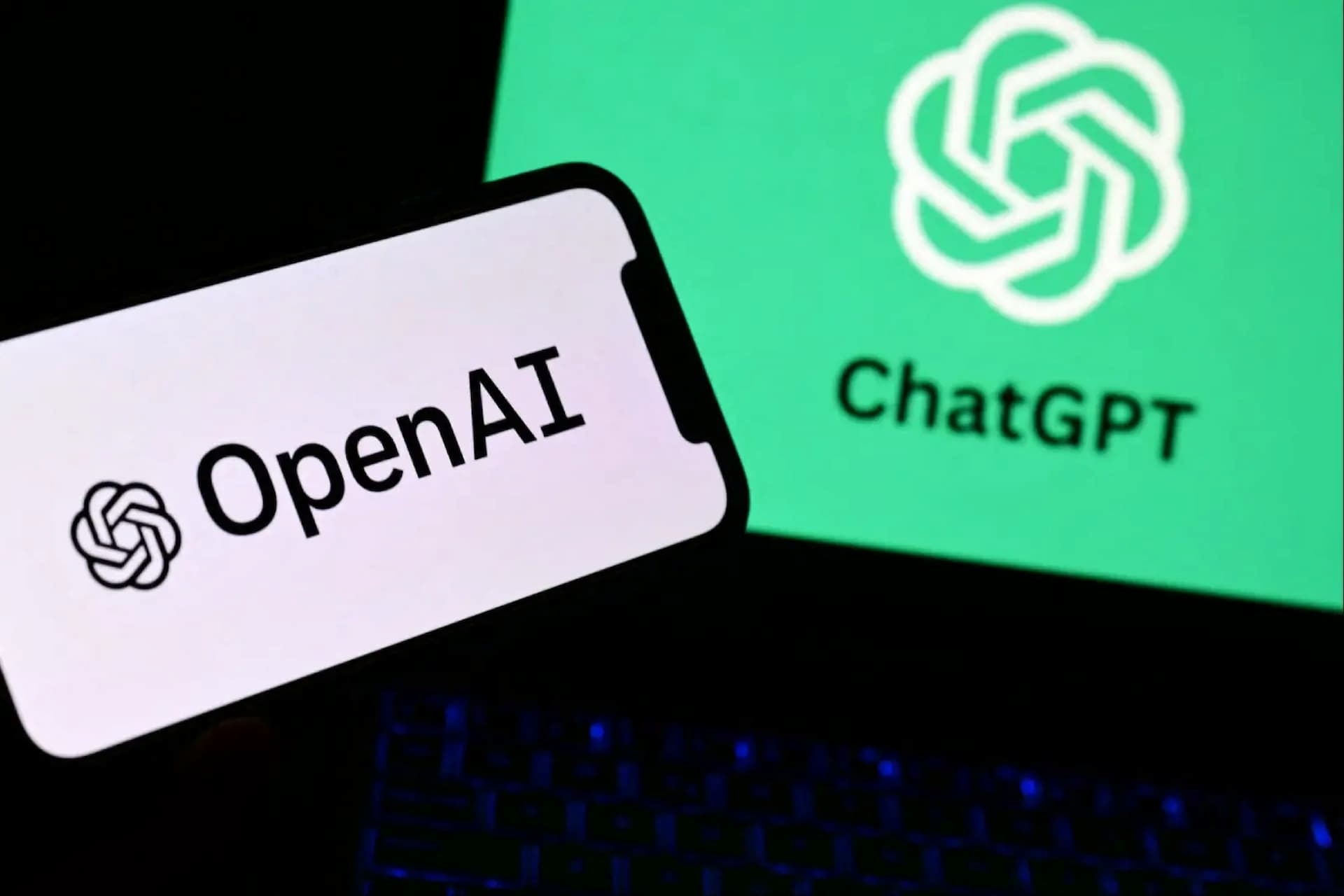
Lufthansa Group has unveiled a transformation strategy that places digitalisation and AI at the centre of its future operations. At Capital Markets Day, the company said efficiency will come from automation and streamlined processes.
Around 4,000 administrative roles are set to be cut by 2030, mainly in Germany, as Lufthansa consolidates functions and reduces duplication of work. Executives stressed that the focus will be on non-operational roles, with staff reductions to be conducted in consultation with social partners.
The airline group also confirmed continued investment in fleet renewal, with more than 230 new aircraft expected by 2030. Digital transformation and AI aim to cut costs, accelerate decisions, and boost competitiveness across the group’s airlines, cargo, and technical services.
By 2030, Lufthansa aims for an 8-10 percent EBIT margin, 15-20 percent return on capital, and over €2.5 billion in annual free cash flow. The company said these measures will ensure long-term resilience in a changing industry.
Would you like to learn more about AI, tech and digital diplomacy? If so, ask our Diplo chatbot!

In the US, California Governor Gavin Newsom has signed SB 53, a landmark law establishing transparency and safety requirements for large AI companies.
The legislation obliges major AI developers such as OpenAI, Anthropic, Meta, and Google DeepMind to disclose their safety protocols. It also introduces whistle-blower protections and a reporting mechanism for safety incidents, including cyberattacks and autonomous AI behaviour not covered by the EU AI Act.
Reactions across the industry have been mixed. Anthropic supported the law, while Meta and OpenAI lobbied against it, with OpenAI publishing an open letter urging Newsom not to sign. Tech firms have warned that state-level measures could create a patchwork of regulation that stifles innovation.
Despite resistance, the law positions California as a national leader in AI governance. Newsom said the state had demonstrated that it was possible to safeguard communities without stifling growth, calling AI ‘the new frontier in innovation’.
Similar legislation is under consideration in New York, while California lawmakers are also debating SB 243, a separate bill that would regulate AI companion chatbots.
Would you like to learn more about AI, tech and digital diplomacy? If so, ask our Diplo chatbot!

Facebook has introduced new tools designed to help creators increase engagement and build stronger communities on the platform. The update includes fan challenges, custom badges for top contributors, and new insights to track audience loyalty.
Fan challenges allow creators with over 100,000 followers to issue prompts inviting fans to share content on a theme or event. Contributions are displayed in a dedicated feed, with a leaderboard ranking entries by reactions.
Challenges can run for a week or stretch over several months, giving creators flexibility in engaging their audiences.
Meta has also launched custom fan badges for creators with more than one million followers, enabling them to rename Top Fan badges each month. The feature gives elite-level fans extra recognition and strengthens the sense of community. Fans can choose whether to accept the custom badge.
To complement these features, Facebook adds new metrics showing the number of Top Fans on a page. These insights help creators measure engagement efforts and reward their most dedicated followers.
The tools are now available to eligible creators worldwide.
Would you like to learn more about AI, tech and digital diplomacy? If so, ask our Diplo chatbot!

OpenAI has introduced new parental controls for ChatGPT, giving families greater oversight of how teens use the AI platform. The tools, which are live for all users, allow parents to link accounts with their children and manage settings through a simple control dashboard.
The system introduces stronger safeguards for teen accounts, including filters on graphic or harmful content and restrictions on roleplay involving sex, violence or extreme beauty ideals.
Parents can also fine-tune features such as voice mode, memory, image generation, or set quiet hours when ChatGPT cannot be accessed.
A notification mechanism has been added to alert parents if a teen shows signs of acute distress, escalating to emergency services in critical cases. OpenAI said the controls were shaped by consultation with experts, advocacy groups, and policymakers and will be expanded as research evolves.
To complement the parental controls, a new online resource hub has been launched to help families learn how ChatGPT works and explore positive uses in study, creativity and daily life.
OpenAI also plans to roll out an age-prediction system that automatically applies teen-appropriate settings.
Would you like to learn more about AI, tech and digital diplomacy? If so, ask our Diplo chatbot!

Kazakhstan has launched the Alem Crypto Fund to strengthen its presence in digital finance. The state-backed fund, created by the Ministry of Artificial Intelligence and Digital Development, will focus on long-term investments in digital assets and forming strategic reserves.
The initiative is managed by Qazaqstan Venture Group and registered within the Astana International Financial Centre (AIFC), a hub for financial innovation. Officials have suggested the fund could evolve into a tool for state-level savings, enhancing the country’s economic resilience.
Binance Kazakhstan, a locally licensed arm of the global exchange, has been named the fund’s strategic partner. They made their first investment in BNB, the native token of BNB Chain, which holds a market capitalisation of over $138 billion.
Government representatives and Binance Kazakhstan described the collaboration as a milestone for institutional recognition of cryptocurrencies in Kazakhstan. It signals a move toward a more transparent and secure digital asset market integrated with global technologies.
Would you like to learn more about AI, tech and digital diplomacy? If so, ask our Diplo chatbot!

A £100m AI data centre has been approved for construction on the outskirts of Stockton, with developers Latos Data Centres pledging up to 150 new jobs.
The Preston Farms Industrial Estate site will feature two commercial units, plants, substations and offices, designed to support the growing demands of AI and advanced computing.
Work on the Neural Data Centre is set to begin at the end of the year, with full operations expected by 2028. The project has been welcomed by Industry Minister and Stockton North MP Chris McDonald, who described it as a significant investment in skills and opportunities for the future.
Latos managing director Andy Collin said the facility was intended to be ‘future proof’, calling it a purpose-built factory for the modern digital economy. Local leaders hope the investment will help regenerate Teesside’s industrial base, positioning the region as a hub for cutting-edge infrastructure.
The announcement follows the UK government’s decision to create an AI growth zone in the North East, covering sites in Northumberland and Tyneside. Teesworks in Redcar was not included in the initial allocation, but ministers said further proposals from Teesside were still under review.
Would you like to learn more about AI, tech and digital diplomacy? If so, ask our Diplo chatbot!

New Jersey legislators have introduced a bill requiring data centre operators in the state to disclose their annual energy and water usage publicly. The measure seeks to inject transparency into operations that are notorious for high resource consumption.
The proposed law emerges amidst broader scrutiny of data centres’ environmental footprint. Researchers in the Great Lakes region estimate hyper-scale facilities could use up to 365 million gallons of water yearly for cooling and related systems.
Would you like to learn more about AI, tech and digital diplomacy? If so, ask our Diplo chatbot!

European ministers have signed the Declaration of the Semicon Coalition, calling for a revised EU Chips Act 2.0 to boost semiconductor resilience, innovation, and competitiveness. The declaration outlines five priorities: collaboration, investment, skills, sustainability, and global partnerships.
The coalition, launched by the Netherlands in March, includes Austria, Belgium, Finland, France, Germany, Italy, Poland, and Spain. Other EU states joined today in Brussels, where Dutch minister Vincent Karremans presented the declaration to the European Commission.
Over fifty leading European and international semiconductor players have endorsed the declaration. This support strengthens momentum for placing end-markets at the core of the EU’s semiconductor strategy and aligns with Mario Draghi’s report on competitiveness.
The priorities include aligning EU and national funding, accelerating approvals for strategic projects, building a skilled talent pipeline, and promoting circular, energy-efficient manufacturing. International partnerships will also be deepened while safeguarding European strategic autonomy.
Minister Karremans said the strategy demonstrates Europe’s response to global tensions and its commitment to boosting semiconductor capacity, research funding, and readiness for demand in AI, automotive, energy, and defense.
Would you like to learn more about AI, tech and digital diplomacy? If so, ask our Diplo chatbot!

Kazakhstan’s President Kassym-Jomart Tokayev has outlined a bold vision to transform the nation into a fully digital state within three years. He plans to leverage AI to modernise the economy and public administration.
At the opening of a new parliamentary session, Tokayev emphasised the need for comprehensive digitalisation to ensure socio-economic stability amid global challenges. A new Ministry of AI and Digital Development will drive the agenda under a Digital Code for AI, big data, and the platform economy.
Tokayev urged a revised investment policy to boost competitiveness, focusing on high-tech manufacturing instead of reliance on raw materials. The government has been tasked with streamlining investment processes, with the Prime Minister directly responsible for attracting funds.
The Asset Recovery Committee will be reshaped into the Committee for Investors’ Rights after recovering 850 billion tenge for public projects like schools and healthcare.
The President proposed parliamentary reform, calling for a unicameral Parliament elected by party lists by 2027, pending public debate and a referendum. The move aims to enhance legislative efficiency and align with global parliamentary traditions.
Agriculture, transport, and water management will undergo digital upgrades, with AI optimising land use, logistics, and resource conservation for sustainable development.
Kazakhstan will strengthen its Eurasian transit hub role with projects like the Trans-Caspian Route and a digital freight platform, Smart Cargo. Tokayev urged unity and patriotism to tackle global challenges and build a prosperous digital Kazakhstan.
Would you like to learn more about AI, tech and digital diplomacy? If so, ask our Diplo chatbot!

A team of physicists at the California Institute of Technology has unveiled a quantum computing breakthrough, creating an array of 6,100 qubits, the largest of its kind to date.
The leap surpasses previous systems, which typically contained around a thousand qubits, and marks a step closer to practical quantum algorithms.
Researchers used caesium atoms as qubits, trapping them with laser tweezers inside an ultra-high-vacuum chamber.
These qubits maintained superposition for almost 13 seconds, nearly ten times longer than previous benchmarks. They could also be manipulated with 99.98 percent accuracy, proving that scaling up need not compromise precision.
Unlike classical bits, qubits exploit superposition, allowing a spread of probabilities instead of fixed binary states. It enables powerful computations but also demands error correction to overcome qubit fragility. The surplus qubits in this new array provide a path to large, error-corrected machines.
Physicists believe the next milestone will involve harnessing entanglement, enabling the shift from storing quantum information to processing it. If progress continues, quantum computers could soon revolutionise science by uncovering new materials, forms of matter, and fundamental laws of physics.
Would you like to learn more about AI, tech and digital diplomacy? If so, ask our Diplo chatbot!









